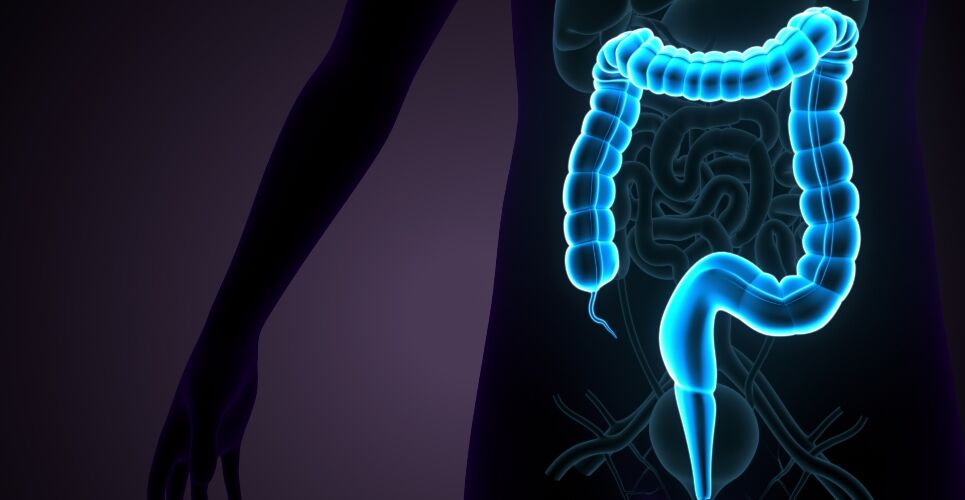Etrasimod (brand name Velsipity) has been approved by the Medicines and Healthcare products Regulatory Agency (MHRA) and recommended by the National Institute for Health and Care Excellence (NICE) for treating eligible patients with ulcerative colitis (UC).
It is approved for patients aged 16 years and older with moderately to severely active UC who have had an inadequate response, lost response, or were intolerant to either conventional therapy or a biological agent.
The recommended dose of etrasimod is one 2 mg tablet taken once daily with food for the first three days. After this, it can be taken each day with or without food.
The approval of etrasimod in the UK follows its marketing authorisation by the European Commission in February 2024 for the same indication.
This was the first time an oral advanced UC therapy had been approved for use in older adolescents.
Commenting on the recommendation, Helen Knight, director of medicines evaluation at NICE, said: ‘Severe ulcerative colitis is a debilitating lifelong condition; etrasimod provides a new convenient and effective treatment option that will make a positive difference for thousands of people.
‘I’m very pleased we have been able to publish our final guidance recommending the treatment on the day the MHRA granted it a licence. We are determined to continue getting the best care to patients fast.’
NICE has noted that just over 25,000 people in England are now eligible to receive the new treatment, which was evaluated using a simpler technology appraisal process.
As a result, the full final NICE guidance was available up to eight weeks faster than would have been the case under standard process.
Clinical efficacy of etrasimod
The MHRA and NICE approvals of etrasimod were based on results from the phase 3 ELEVATE UC 52 and ELEVATE UC 12 trials.
These randomised, double-blind, placebo-controlled trials involved 743 patients aged 16 years and over for whom standard treatment or other treatments did not work well enough or could not be used.
They evaluated the safety and efficacy of etrasimod 2 mg once daily on clinical remission.
The coprimary endpoints in ELEVATE UC 52 were the proportion of patients who achieved clinical remission at Week 12 (induction period) and Week 52 (maintenance period).
The primary endpoint for ELEVATE UC 12 was the proportion of patients in clinical remission at the end of the 12-week induction period.
Taken together, the results from the studies showed that, after 12 weeks of treatment, 26% (129/496) of those who received etrasimod had achieved clinical remission compared with 11% (27/247) of those who received the placebo.
ELEVATE UC 52 also found that 32% (88/274) of people taking etrasimod achieved clinical remission after 52 weeks compared with 7% (9/135) for those receiving the placebo.
Both studies also achieved all key secondary efficacy endpoints, with a favourable safety profile consistent with previous studies of etrasimod.
The most common side effects of the were found to be bradycardia, hypertension, urinary tract infection and lower respiratory tract infection.
NICE also noted that indirect comparisons suggest etrasimod is likely to work better than adalimumab and may be similarly effective to other usual treatments for moderately to severely active UC.

